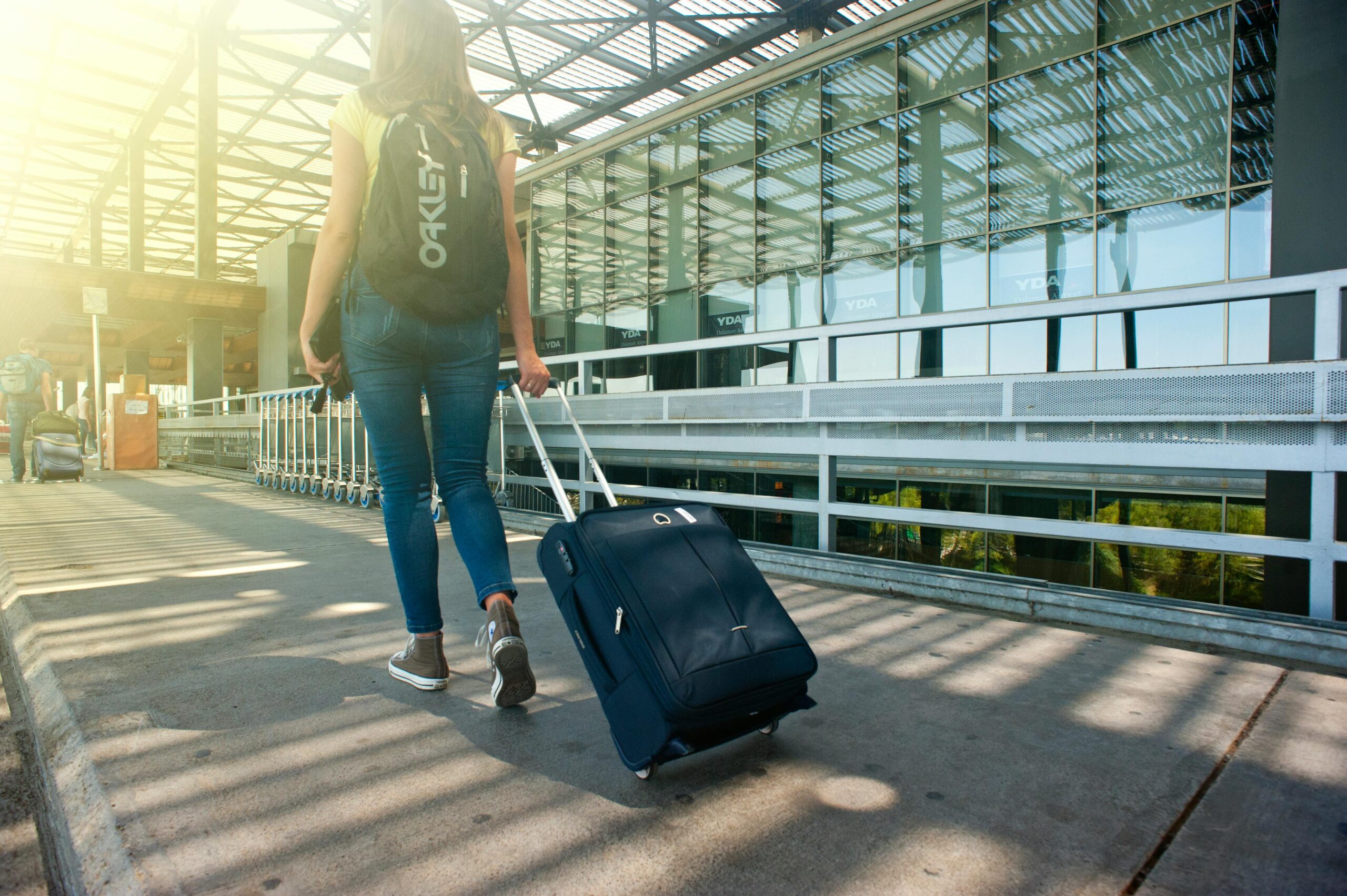
How AI Is Transforming the Indian Travel Industry
- admin
- August 23, 2025
- Tech & Innovation, travel
- 0 Comments
“Smart Journeys: AI Redefines the Future of Travel in India”
Highlights at a Glance:
- AI is revolutionizing India’s travel industry by enhancing customer experiences, optimizing pricing strategies, and streamlining operations.
- From personalized recommendations to real-time travel assistance, AI is addressing key challenges in the sector.
- The adoption of AI in travel is driven by increasing demand for seamless, tech-enabled experiences and better resource management.
By the Numbers:
- AI adoption in India’s travel industry has led to a 25% increase in customer satisfaction, according to a report by NASSCOM.
- Predictive pricing algorithms have improved revenue by 20% for travel operators and platforms.
- The Indian AI travel tech market is projected to grow at a 30% CAGR, reaching $4 billion by 2027.
AI: The Game Changer in Indian Travel
The Indian travel industry, a vital contributor to the nation’s economy, is embracing Artificial Intelligence (AI) to meet the evolving expectations of modern travelers. From planning trips to ensuring a smooth travel experience, AI is transforming every stage of the journey.
Personalized Travel Recommendations
AI-powered platforms analyze user behavior, preferences, and past travel data to offer personalized recommendations for destinations, accommodations, and activities. For instance:
- MakeMyTrip and Yatra use AI to curate bespoke itineraries tailored to individual tastes, increasing engagement and bookings by 15%.
- AI-driven chatbots provide instant support, helping customers plan their trips effortlessly.
Dynamic Pricing for Competitive Edge
AI is optimizing pricing strategies in the travel sector through predictive analytics. By analyzing factors such as demand, seasonality, and competitor pricing, AI ensures dynamic pricing that maximizes revenue while staying competitive. Airlines like IndiGo and travel platforms like Cleartrip have reported a 20% increase in revenue with AI-enabled pricing models.
Streamlining Operations with Predictive Analytics
AI is improving operational efficiency by predicting and managing potential disruptions:
- Airlines are using AI to forecast delays caused by weather or technical issues, enabling proactive rescheduling.
- Predictive models help hotels optimize occupancy rates by suggesting pricing adjustments during high and low demand periods.
AI-Powered Customer Support
AI-powered virtual assistants and chatbots are revolutionizing customer support in the travel industry:
- Tools like Tripoto’s chatbot provide real-time answers to travelers’ queries, from booking confirmations to itinerary changes.
- These AI systems operate 24/7, reducing response times by 40%, enhancing customer satisfaction.
Contactless and Seamless Experiences
Post-pandemic, contactless travel has become a priority. AI technologies, including facial recognition and digital check-ins, are making travel safer and more efficient:
- Airports such as Kempegowda International Airport in Bengaluru have adopted AI-driven facial recognition systems for seamless boarding.
- Smart kiosks powered by AI provide travelers with self-service options, reducing queues and enhancing convenience.
Challenges in AI Integration
While AI offers immense potential, its adoption in the Indian travel industry faces challenges:
- Cost Barriers: Smaller operators struggle with the high costs of implementing AI solutions.
- Data Privacy Concerns: Handling vast amounts of traveler data raises concerns about security and compliance with privacy laws.
- Skill Shortages: A lack of technical expertise among smaller firms hampers effective AI utilization.
The Road Ahead: AI’s Role in Shaping Travel’s Future
The integration of AI in the travel industry is expected to deepen, with emerging trends including:
- Hyper-Personalization: Advanced algorithms will offer travelers even more tailored experiences.
- Sustainable Travel Solutions: AI will optimize resources to minimize the environmental impact of travel.
- Augmented Reality (AR) Integration: Virtual tours powered by AI and AR will redefine how travelers explore destinations before booking.
By 2030, experts predict that 70% of travel operators in India will adopt AI-powered solutions, making the sector smarter, safer, and more efficient.
AI is not just enhancing the travel experience—it is redefining it. By addressing inefficiencies and elevating customer satisfaction, AI is setting the foundation for a more innovative and sustainable travel industry in India. As adoption continues to grow, the synergy between technology and travel promises smarter journeys for all.




